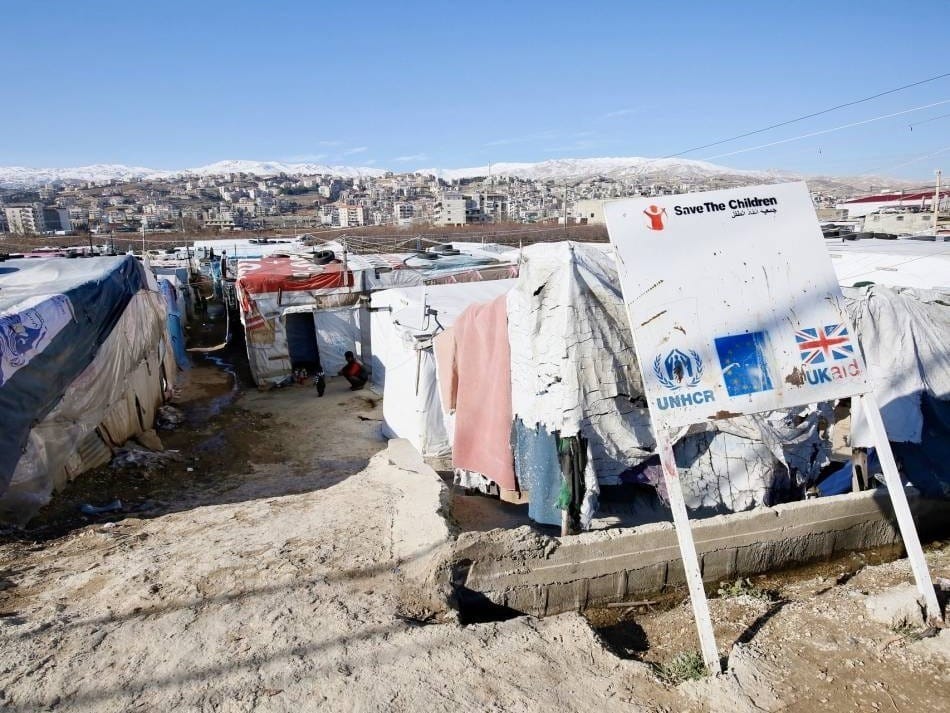UNITED NATIONS (AN) — The U.N. Security Council unanimously approved a compromise measure that will keep open Syria's last non-government controlled border crossing for humanitarian aid.
The vote by the 15-nation council on Friday, one day before permission for the criticial aid corridor would have lapsed, allows humanitarian access to continue through the Bab al-Hawa border crossing between Turkey and northern Syria over the next 12 months. As the last remaining border crossing that remains open, it has provided a lifeline of food and medicine for millions of Syrians.








